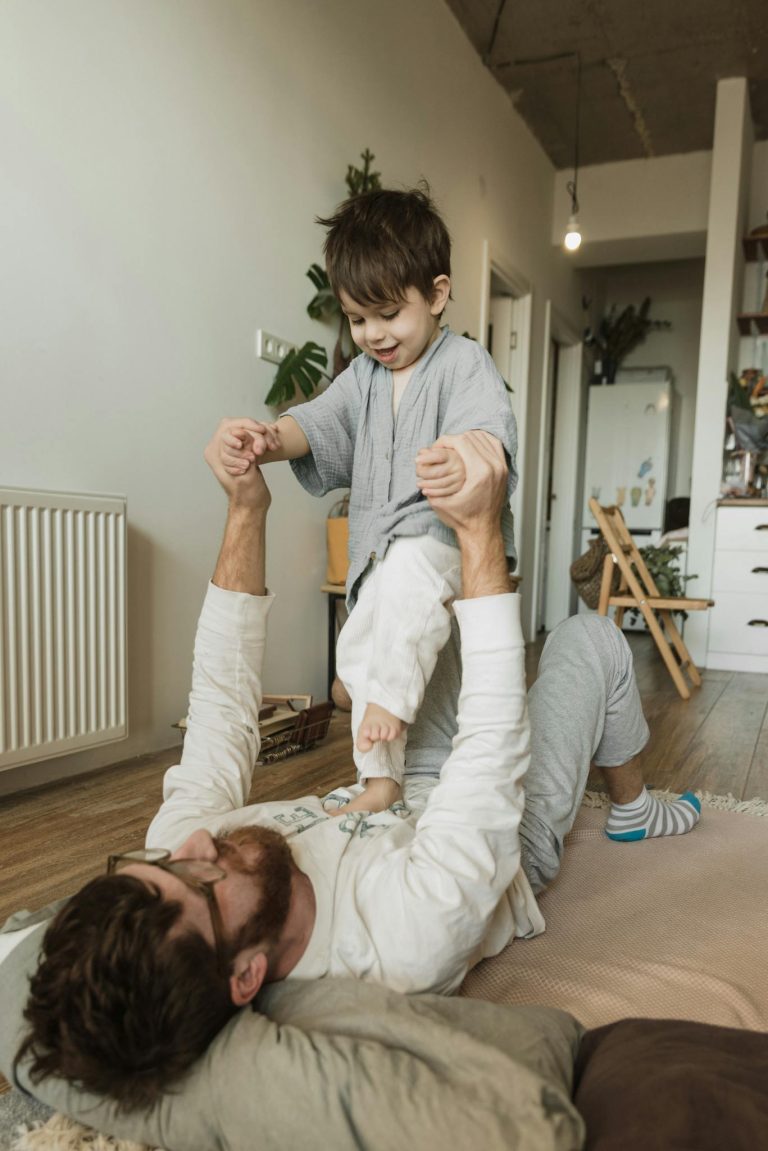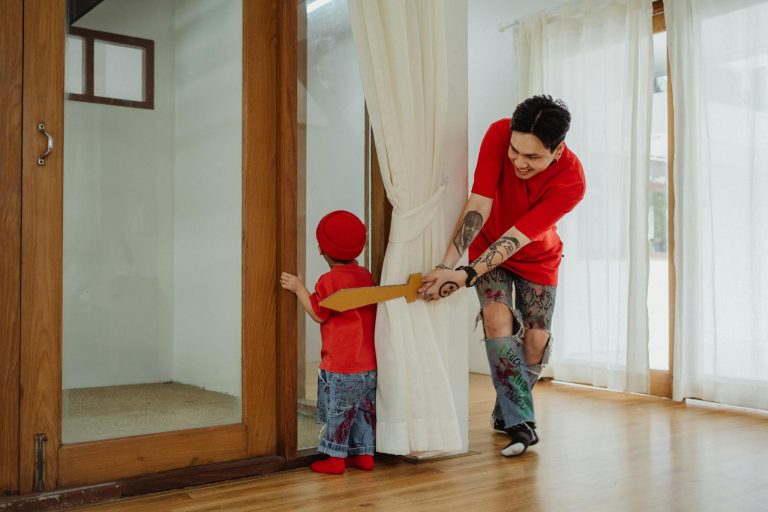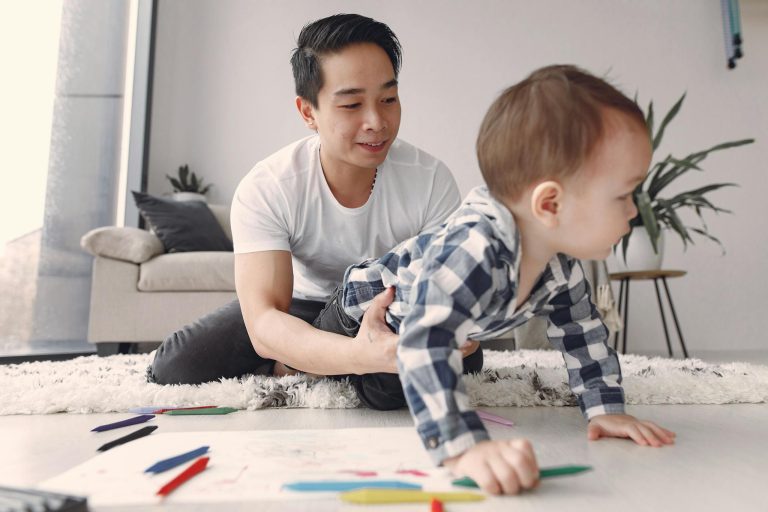When my son was around six months old, we had a sweet little bedtime routine going: bath, book, and a warm bottle. He’d drink his milk in my arms and drift off almost immediately. I’d gently transfer him to his crib, turn off the lights, and leave the room. That was our rhythm. And it worked—until it didn’t.
Something shifted. He started waking up as soon as I put him down. Not just fussing, but crying—reaching for me, clearly not wanting to be alone in his crib. At first, I thought it was just a bad night. But the pattern stuck. It became clear: he no longer wanted to sleep solo.
I’ll admit, I had some judgment about it—especially toward myself. I knew other parents who had systems that seemed to work like magic. One friend hired a night nurse to sleep train their baby at four months. By five months, the baby slept like clockwork, and the parents had their evenings back. That wasn’t our story.
In our house, I ended up taking night duty. My wife was beyond exhausted and had become a very light sleeper after our son was born. I could fall back asleep more easily after bottle feedings or wake-ups, so it made sense. I figured, If someone’s going to sleep with him, it’s going to be me.
At nine months, I signed up for a sleep training course. It was helpful. We gave it a go. For the first two nights, it worked. And then the crying hit hard. My wife couldn’t bear it, and we decided to stop.
So I pivoted. I got a big tri-fold mattress, laid it on the floor next to his crib, and we started co-sleeping. Just like that. I know, I know—the sacred rule: Don’t co-sleep with your kids. I’d heard all the horror stories about how hard it is to stop, how you’re setting yourself up for years of sleepless nights and clingy toddlers.
But you know what? I started talking to other parents. Quiet conversations with friends who told me they’d done the same thing. Their kids had slept with them for years—some until they were eight, one even until thirteen. They all seemed… okay. Happy, well-adjusted. Earth still spinning.
And I started to release the shame. I wasn’t “failing.” I was doing what worked for our family, for that season.
Eventually, something happened that made us rethink things. One night, I wasn’t home when my son woke up. He couldn’t find me—and he was distraught. Not just crying—lost. Like his world had cracked open. My wife couldn’t calm him. When she told him I wasn’t there, he tried to leave the house to come find me.
That was the moment we knew we needed a change.
I went online, revisited notes from that sleep training course, and pulled out three of the most recommended books on toddler sleep. I made a plan that felt both gentle and consistent.
Within a week, he was falling asleep on his own. He still woke up sometimes, but he wasn’t panicked. He’d quietly stand by our bedroom door, waiting. I’d walk him back to his room, tuck him in, and we’d both go back to sleep.
The biggest lesson for me? Go easy on yourself. You’re not ruining your child if you make different choices than other families. You’re not behind. There’s no “perfect” sleep setup—just what works for your kid, your home, your nervous system.
Everything is workable, as long as we’re present.





